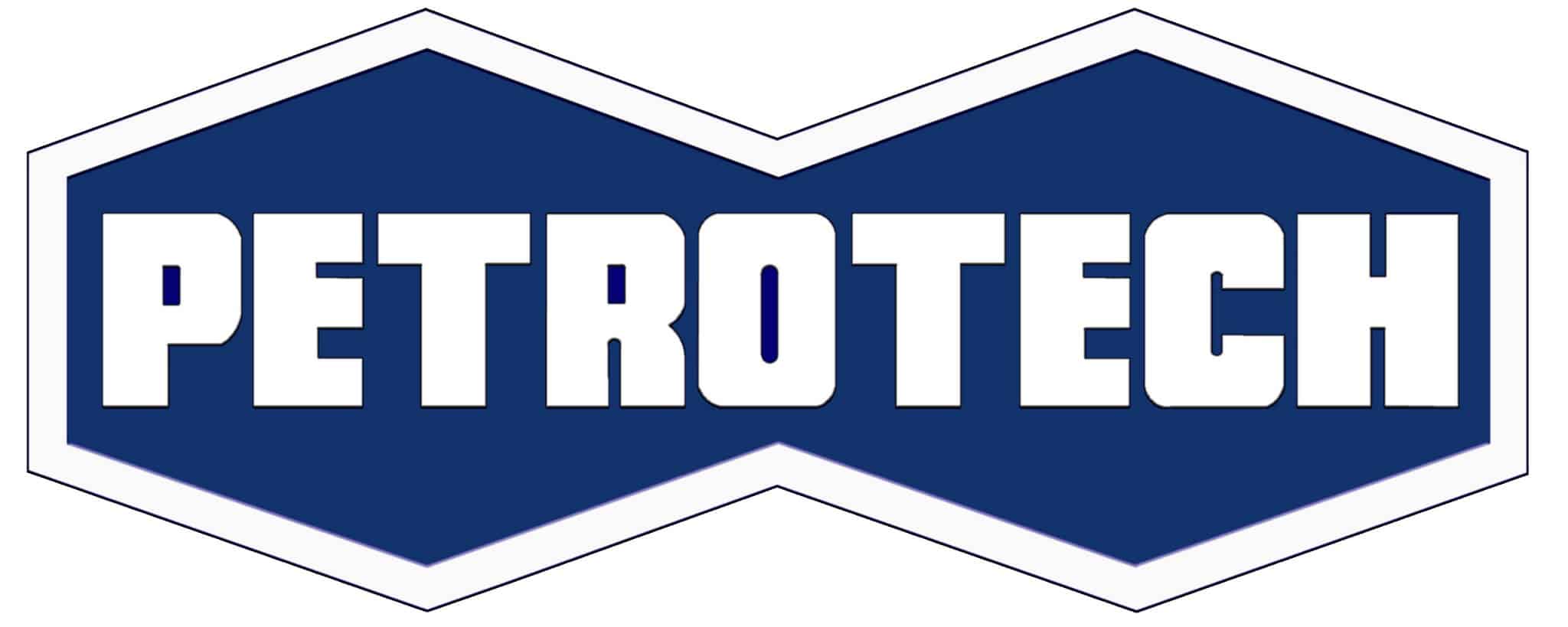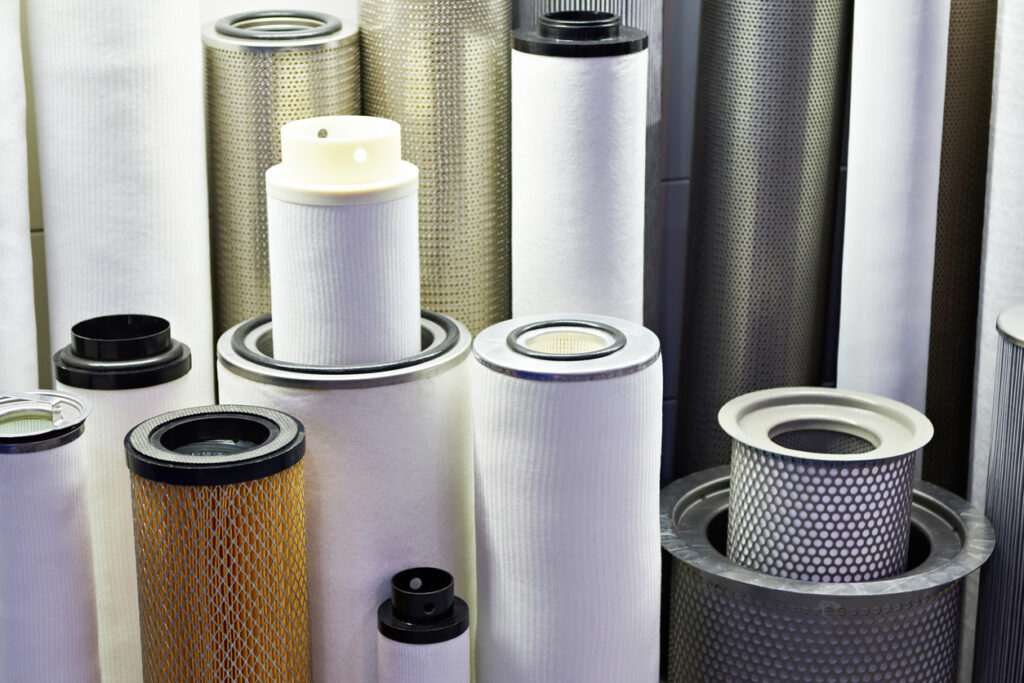Effective air filtration is essential for maintaining the performance and longevity of gas turbines. This article reviews the importance of air filtration systems in a gas turbine, including the Augmented Secondary Circuit (ASC) filtration system.
The Importance of Air Filtration in a Gas Turbine
Gas turbine air filtration systems are critical to the overall system in a variety of ways as the following sections highlight.
Protection of Turbine Components
Gas turbines operate in environments where air often contains contaminants such as dust, dirt, salt, and moisture. Without effective filtration, these contaminants can enter the turbine and cause significant damage, including:
- Erosion: Abrasive particles wear down turbine blades, thus, reducing efficiency and increasing maintenance needs.
- Corrosion: Salt and moisture can corrode critical components, hence, leading to structural weakness.
- Fouling: Build-up of contaminants on turbine surfaces reduces aerodynamic efficiency and also power output.
Maintaining Efficiency
Clean air is essential for efficient combustion, which is the foundation of a gas turbine’s performance. Contaminated air disrupts the combustion process, leading to:
- Reduced power output.
- Increased fuel consumption.
- Higher operational costs.
Effective air filtration ensures that the air entering the combustion chamber is free from particles that could degrade efficiency.
Reducing Maintenance Costs
Contaminants entering the turbine can accelerate wear and tear, therefore, resulting in frequent maintenance and unplanned downtime. Air filtration systems minimize this risk, leading to:
- Extended Maintenance Intervals: Less frequent cleaning and repairs.
- Lower Costs: Reduced need for replacement parts and labor.
- Increased Equipment Longevity: Protecting turbine components ensures a longer operational life.
Preventing System Failure
Severe contamination can lead to system failures, such as:
- Compressor Fouling: Causes efficiency losses and increases the risk of overheating.
- Hot Section Damage: Contaminants can cause damage to high-temperature components, therefore, leading to costly repairs.
Air filtration systems help mitigate these risks, ensuring reliable operation under various conditions.
Compliance with Environmental Regulations
In many industries, gas turbines must meet stringent emission standards. Clean air intake supports complete and efficient combustion, helping to reduce harmful emissions such as NOx and CO. Proper filtration contributes to meeting regulatory requirements and environmental goals.
Adapting to Diverse Operating Environments
Gas turbines operate in diverse environments, from industrial zones to desert regions. Each environment presents unique challenges:
- High-Dust Areas: Require advanced filtration to handle large volumes of airborne particles.
- Coastal Locations: Need effective protection against salt and humidity.
Modern air filtration systems, such as the ASC-M2 and ASC-P1 solutions, are designed to adapt to these challenges and maintain consistent turbine performance.
Types of Gas Turbine Air Filtration Systems
Static Filtration Systems in a Gas Turbine
Static filters use specially designed media to trap particles as air passes through multiple filtering layers. Air first enters through weather hoods or louvers designed to protect against rain and snow while deflecting large debris and water droplets. The air then passes through coarse pre-filters that capture large particles and debris. This protects subsequent filtration components from excessive dust loading. After pre-filtration, the air moves through medium-grade or intermediate filters that remove smaller particles. The final phase involves high-efficiency filters that capture fine particles, hence, ensuring the cleanest possible air enters the turbine system, as the figure below shows.
Inertial Separation Systems
These systems use the principle of particle inertia to remove contaminants from the airstream. Inertial separation begins when air enters the system and undergoes a sudden direction change. This creates inertial forces affecting suspended particles in the airstream. As the air changes direction, heavier particles continue their original path due to inertia, effectively separating from the airflow. These separated particles fall into collection hoppers or drains while clean air continues to the turbine intake.
Pulse Self-Cleaning Filters
Self-cleaning filters use reverse pulses of compressed air to remove collected dust. The pulse cleaning process starts with normal filtration as air passes through filter elements that capture dust and particles. The system continuously monitors pressure differential across filter elements to determine when cleaning is required.
When necessary, compressed air pulses are released in short bursts into specific filter elements. This dislodges accumulated dust from the filter surface into collection hoppers below. The filter then returns to normal operation with restored capacity.
Advanced Gas Turbine Air Filtration Technologies
Augmented Secondary Circuit (ASC) System
The ASC Filtration System represents a breakthrough in air filtration for gas turbines. This innovative system utilizes dual filtration circuits to enhance air cleaning efficiency and protect gas turbine components.
Design Features
- Dual-Circuit Design:
- Primary Circuit: Handles main airflow and initial filtration.
- Secondary Circuit: Provides additional filtration, therefore, reducing the load on the primary circuit.
- Filter Elements: Strategically placed in both circuits to target different particle sizes and contaminants.
- Flow Optimization: Features optimized flow paths to minimize pressure losses.
- Compact Housing: Accommodates both circuits with robust sealing to prevent air bypass.
- Monitoring Instruments: Track differential pressure across filters.
Air Cleaning Process
- Initial Separation: Incoming air is split between the primary and secondary circuits.
- Primary Circuit:
- Coarse Filters: Remove larger particles.
- Subsequent Stages: Target progressively smaller contaminants, maintaining the main air supply.
- Secondary Circuit:
- Additional Filtration Stages: Operates at different flow conditions for optimized particle removal.
- Merger Section: Air from both circuits combines under controlled conditions.
- Final Filtration Stage: Ensures uniform air quality before entering the turbine.
Benefits of Advanced Air Filtration Systems in a Gas Turbine
Operational Performance
Advanced air filtration systems have been shown to drastically reduce compressor fouling, which is critical for maintaining gas turbine efficiency. By ensuring that clean air reaches the combustion chamber, these systems help maintain turbine performance close to design specifications. This optimal operation translates into significant fuel savings during normal operations.
Economic Analysis
In environments where gas turbines face harsh conditions, advanced filtration systems can lead to substantial economic benefits. The initial investment in high-quality filters is often recouped within a relatively short payback period. This is due to reduced maintenance costs and increased operational efficiency. Long-term studies indicate that organizations can realize significant annual savings through improved filter performance as well as reduced downtime.
Environmental Impact Assessment
Modern filtration technologies achieve remarkable efficiencies in removing particulate matter from the airstream. By preventing contaminants from entering the combustion process, these systems contribute to lower emissions and improved combustion efficiency. This reduction in particulate emissions enhances compliance with environmental regulations and supports sustainability goals within the energy sector.
Enhanced Lifespan of Turbines
Airborne pollutants can deteriorate turbine components prematurely. By keeping harmful particles out of the system, air intake filters extend the lifespan of turbines and also reduce the need for costly repairs or replacements.
Increased Power Output
Clean air intake leads to better combustion processes within gas turbines, resulting in increased power output. Effective air filtration ensures that only clean air enters the turbine, enhancing overall combustion efficiency.
Fewer Emissions
Gas turbine operators are increasingly focused on reducing emissions due to environmental regulations. Air intake filters help achieve this by ensuring complete combustion through a cleaner air supply, thus, lowering harmful emissions released into the atmosphere.
Improved Safety Standards
Air quality plays a crucial role in workplace safety around gas turbines. By filtering out airborne contaminants, these systems contribute to safer working conditions for personnel involved in turbine operations.
Work with Us
Proper air filtration systems remain crucial for maintaining optimal gas turbine performance as well as operational reliability. Petrotech’s extensive experience in gas turbine control systems enables comprehensive monitoring of filtration system performance and turbine protection. Also, we ensure gas turbine air quality standards are met through our expertise in system integration and control solutions.


